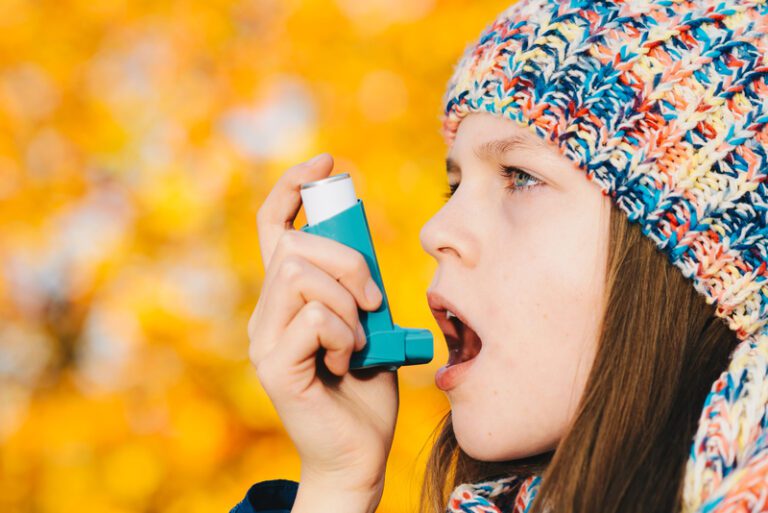Some of the links in this post are affiliate links. This means if you click on the link and purchase the item, I will receive an affiliate commission at no extra cost to you. All opinions remain my own.

Stress is an unavoidable reality for everyone, and it can have a notable impact on our mental and physical wellbeing if left unchecked. Everyone experiences stress differently, but there are certain flags that indicate we may be carrying too much of it: difficulty sleeping, breakouts of acne, and decreased appetite are three common signs to look out for.
Trouble Sleeping
Feeling stressed can cause you to have difficulty falling or staying asleep, leading to further issues regarding physical and mental health. To cope with this stress-related insomnia, establish a calming bedtime routine and steer clear of caffeine and alcohol before turning in for the night. Additionally, make sure your bedroom is conducive to sleep by creating an environment that’s comfortable and relaxing – this way you’ll be able to fall into deep slumber quicker!
Break Outs
Stress can manifest itself in a variety of ways and one of the most common indicators is an outbreak of acne. When stress levels are high, hormones like cortisol and adrenaline increase, resulting in skin inflammation and excessive oil production which can then cause breakouts on the face, neck or back. While stress-related acne is often temporary and can be managed with good skin care practices – like washing your face twice a day and avoiding harsh products – blue and red light therapy can help reduce the appearance of acne on your face. Blue light therapy works by killing bacteria on the skin, while red light therapy reduces inflammation and promotes healing.
Lack of Appetite
Stress can be a massive burden, both mentally and physically. Your body releases cortisol when under strain which can cause your appetite to decrease and result in weight loss. While it is normal for appetites to shift temporarily during times of stress, long-term distress may lead to unhealthy malnourishment or an impaired immune system. To fight back against the effects of stress on hunger levels, try having small snacks often throughout the day that contain building blocks such as fruits, vegetables and lean proteins.
Stress is a universal experience, but can become detrimental when it becomes too much to handle. Unusual sleep patterns, skin breakouts and appetite changes are all indicators that you may need to address your stress levels. Fortunately, there is no shortage of options available for managing this pressure – from good sleeping habits to skincare practices such as blue or red light therapy and eating nutrient-dense foods. Taking control of your stress will bring significant improvements in both physical health and mental wellbeing while allowing you the opportunity to live life fully.
Check out this article on why the plants in your garden keep dying!






